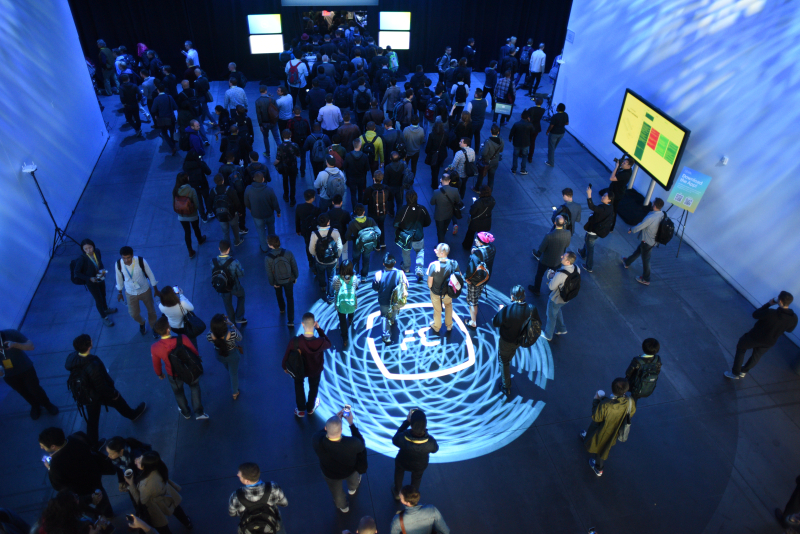A couple days ago, Facebook announced the latest changes to its ever-evolving News Feed.
Most importantly, the News Feed algorithm will now put a greater emphasis on time spent reading an article. Whether it’s an Instant Article or a click-through does not matter.
Average time spent in an article is a key metric in newsroom analytics.
I liked what I read, but I can’t “like” it
What you and your friends engage with – likes, comments and shares – has been a key metric in deciding what News Feed shows you, and engagement does indeed provide Facebook with a pretty good picture of what users are interested in.
But the problem is, sometimes people will spend a meaningful time reading a long, well-written piece they found in their News Feed but feel discouraged from publicly engaging with the story, for instance if it covers a particularly difficult topic.
With this change, users will now be more likely to see stories they are interested in reading, along with content they are likely to engage with.
To address concerns publishers might have regarding this, Facebook promises to look at time spent viewing within a certain threshold so as not to treat longer articles preferentially.
In another change, News Feed will be taking diversity of Page Posts into account, in order to reduce the likelihood of users seeing several posts from the same source back to back.
What’s this to me?
The announced changes are being rolled out gradually over the coming weeks. Facebook anticipates that most Pages will not be significantly affected either way, noting that “Some Pages might see a small increase in referral traffic, and some Pages might see minor decreases”.
All things considered, this might just be great news for publishers focusing on delivering high-quality, engaging content to their readers.
Digiday estimates that publishers providing in-depth original stories and interactive content in a variety of forms will be those benefitting from the changes, while clickbaiters and under-delivering over-posters will be on the losing side – as they probably should.
It is of course important to remember that the News Feed algorithm is a constantly shifting formula and smaller changes to it don’t even necessarily get announced. Their effects, however, will be visible in data gathered by publishers.
Discussing the aspirations of News Feed last year, Facebook CPO Chris Cox had the following to say:
If you could rate everything that happened on Earth today that was published anywhere by any of your friends, any of your family, any news source…and then pick the 10 that were the most meaningful to know today, that would be a really cool service for us to build. That is really what we aspire to have News Feed become.
For further reading, Social Media Today published a great article on the finer details of News Feed, which you can find here.

